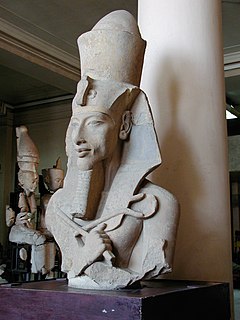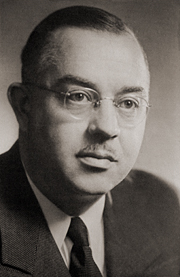A Quote by Akhenaton
Why seeketh thou revenge, O man! with what purpose is it that thou pursuest it? Thinkest thou to pain thine adversary by it? Know that thou thyself feelest its greatest torments.
Related Quotes
Why dost thou heap up wealth, which thou must quit,
Or what is worse, be left by it?
Why dost thou load thyself when thou 'rt to fly,
Oh, man! ordain'd to die?
Why dost thou build up stately rooms on high,
Thou who art under ground to lie?
Thou sow'st and plantest, but no fruit must see,
For death, alas! is reaping thee.
It seems that wherever the Welfare State is involved, the moral precept, "Thou shalt not steal," becomes altered to say: "Thou shalt not steal, except for what thou deemest to be a worthy cause, where thou thinkest that thou canst use the loot for a better purpose than wouldst the victim of the theft."
Here must thou be, O man, Strength to thyself - no helper hast thou here - Here keepest thou thy individual state: No other can divide with thee this work, No secondary hand can intervene To fashion this ability. 'Tis thine, The prime and vital principle is thine In the recesses of thy nature, far From any reach of outward fellowship, Else 'tis not thine at all.
When thou art offended at any man's fault, forthwith turn to thyself and reflect in what manner thou doest error thyself. For by attending to this thou wilt quickly forget thy anger, if this consideration is also added, that the man is compelled; for what else could he do? or, if thou art able, take away from him the compulsion.
O Lord, Thou knowest that which is best for us; let this or that be done, as Thou shalt please. Give what Thou wilt, how much Thou wilt, and when Thou wilt. Deal with me as thou thinkest best. Place me where Thou wilt, and deal with me in all things just as Thou wilt. Behold, I am Thy servant, prepared for all things: I desire not to live unto myself, but unto Thee; and oh, that I could do it worthily and perfectly!
Owe no man any thing, but to love one another: for he that loveth another hath fulfilled the law. For this, Thou shalt not commit adultery, Thou shalt not kill, Thou shalt not steal, Thou shalt not bear false witness, Thou shalt not covet; and if there be any other commandment, it is briefly comprehended in this saying, namely, Thou shalt love thy neighbour as thyself.
Think not so much of what thou hast not as of what thou hast: but of the things which thou hast, select the best, and then reflect how eagerly they would have been sought, if thou hadst them not. At the same time, however, take care that thou dost not, through being so pleased with them, accustom thyself to overvalue them, so as to be disturbed if ever thou shouldst not have them.










































